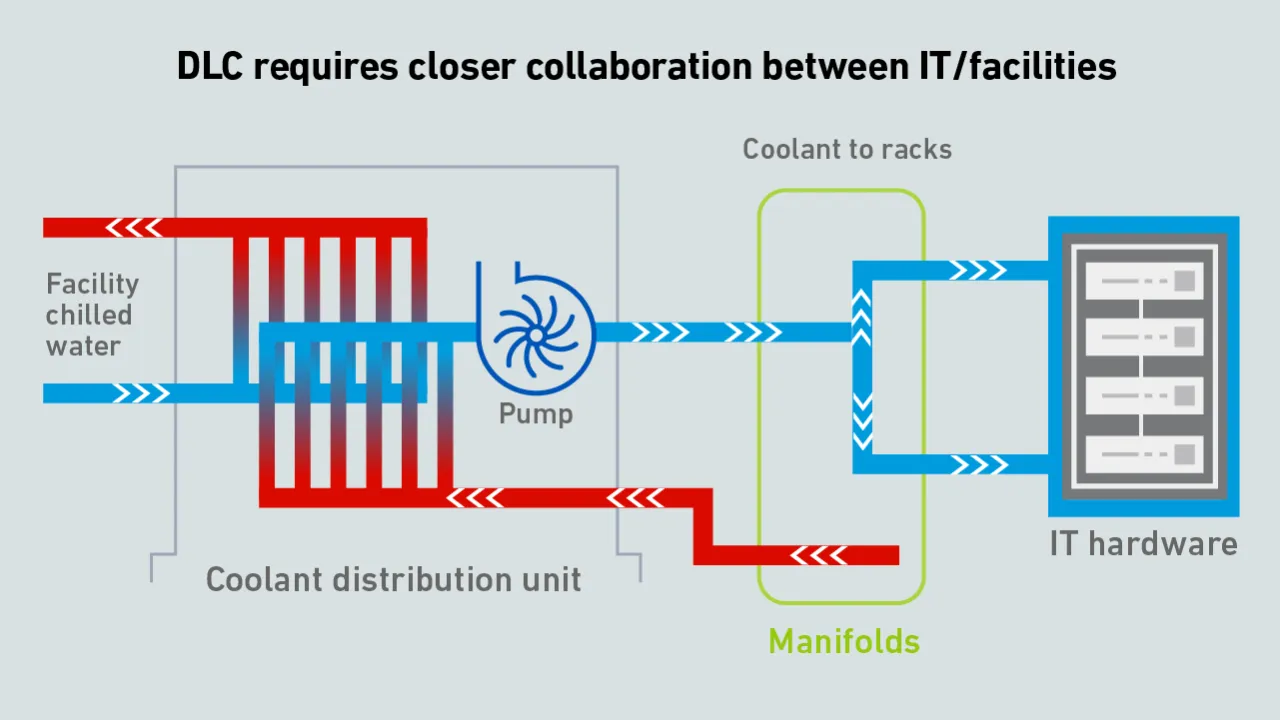Uptime Intelligence looks beyond the more obvious trends of 2024 and identifies some challenging issues. Strong IT demand, high-density IT systems and tough sustainability requirements will drive a new wave of investment.
filters
Explore All Topics
A new approach to data center management, proposed by data scientists and statisticians, looks to augment the functionality of tools like BMS and DCIM software by focusing on data, not equipment.
Results from the Uptime Institute IT and Power Efficiency Survey 2023 suggest that many organizations may struggle to meet regulatory requirements for energy, carbon and IT life cycle tracking.
Despite high expectations, most operators will only see moderate impact from specialized AI hardware installations in the immediate future. The emergence of AI as a major force will sway the industry in a more profound, but less direct, fashion.
As operators deploy cold plate and immersion cooling, the cost or operational efficiency benefits are bound to disappoint. DLC alone will not bring the breakthrough in energy or sustainability performance the industry needs.
Short-term tactics to reduce staff shortages are failing to offset the aging out of staff. Companies are neither investing in the retention and development of staff nor are they expanding their search to underutilized talent pools.
This webinar explores the data management process improvements necessary to track and report work per energy performance to meet customer expectations and regulatory mandates.
Thermal trends in server silicon will challenge assumptions that underpin efficiency and sustainability expectations around DLC. Limited visibility of future server cooling requirements means operators can only make an educated guess.
New survey data allows Uptime Institute to look at industry power usage effectiveness (PUE) in finer detail. Comparing PUE by compute capacity shows that, on average, larger sites have lower PUEs.
The thresholds set by Germany's Energy Efficiency Act could make many legacy enterprise data centers obsolete - or else require operators to upgrade or move to compliant facilities
This report explains the nuances of using energy consumption, energy attribute certificates and emissions factor data to calculate the use of renewable energy and carbon-free energy, and a Scope 1 and 2 emissions inventory.
The surface area for cyberattacks on IT systems and operational technology environments in data centers has expanded exponentially. In this on-demand webinar, you will learn what you need to do to protect your critical infrastructure.
The final publication of the approved EED means that data center operators will need to undertake internal efforts to comply with energy management system and data reporting requirements.
This session evaluates the methodologies to account for emissions from IT operations in cloud and colocation facilities and embedded carbon in IT equipment purchases, and discusses their management as part of a net zero program.
DLC promises attractive thermal performance and economics, but data center operators looking to adopt it will need to examine how they define and uphold their resiliency standard as product designs and resiliency guidance evolve.
 Douglas Donnellan
Douglas Donnellan
 Andy Lawrence
Andy Lawrence
 Daniel Bizo
Daniel Bizo
 Max Smolaks
Max Smolaks
 Jacqueline Davis
Jacqueline Davis
 John O'Brien
John O'Brien
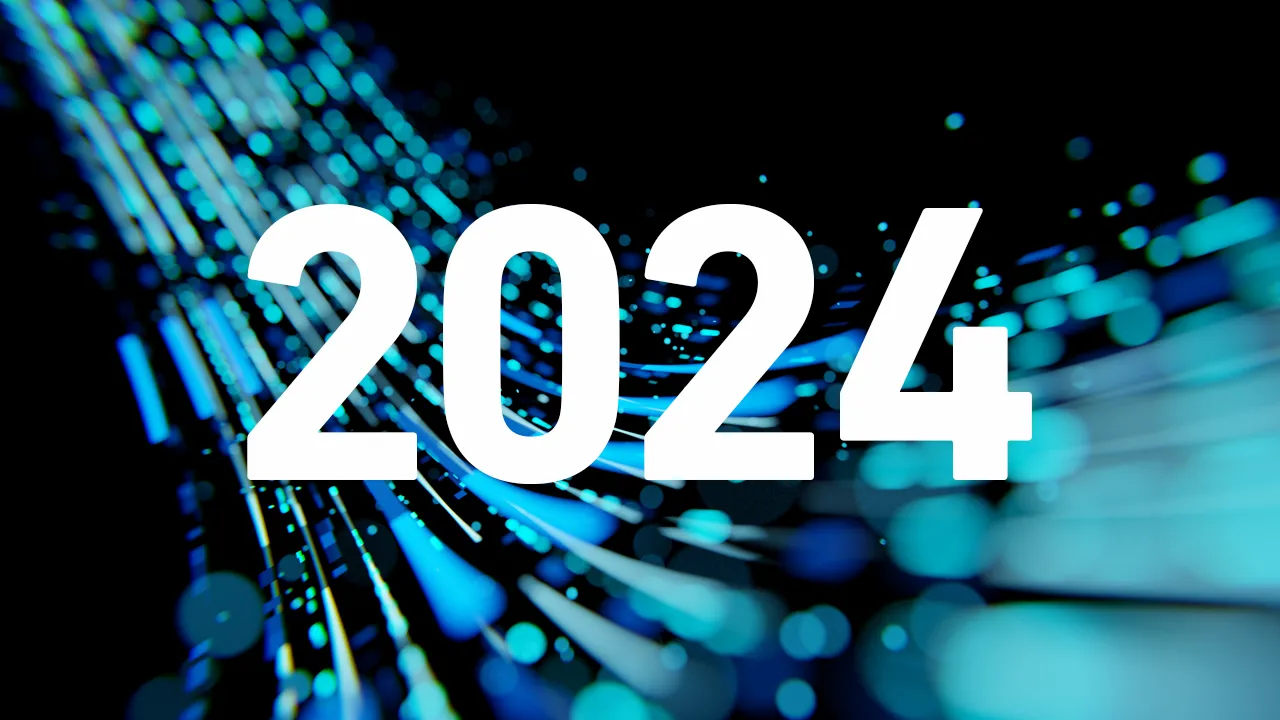
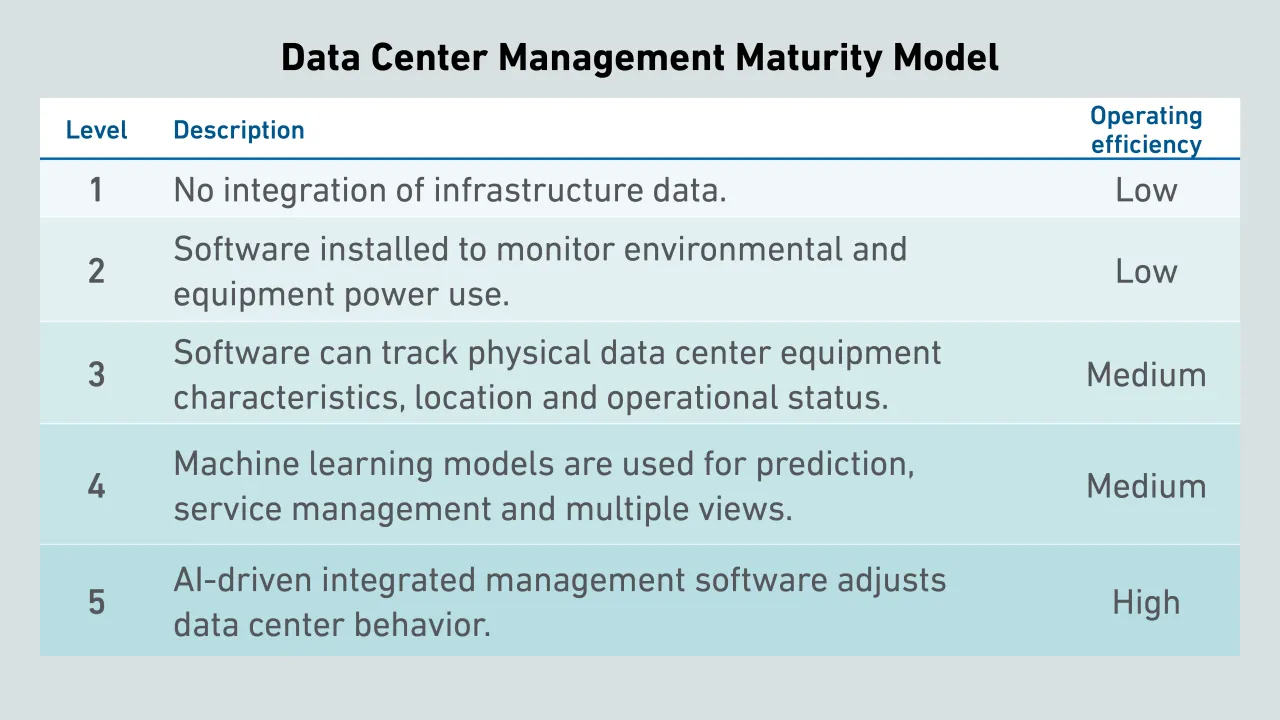
 Jay Dietrich
Jay Dietrich
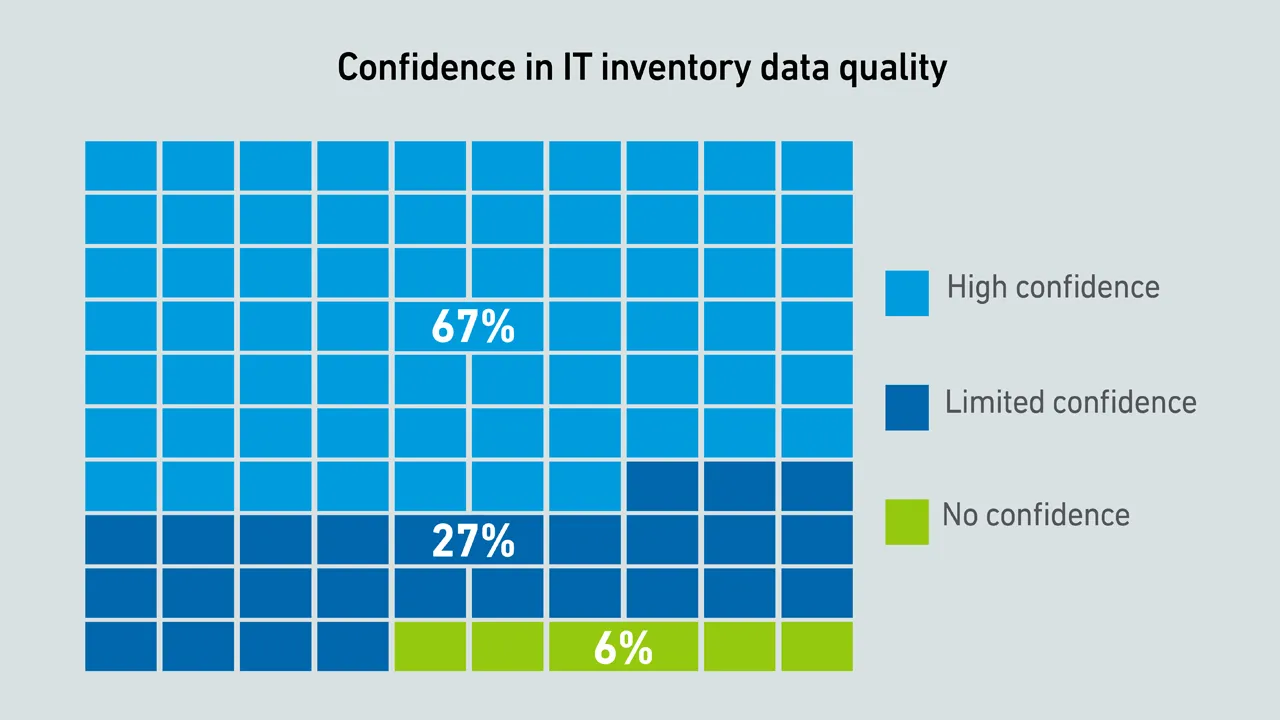
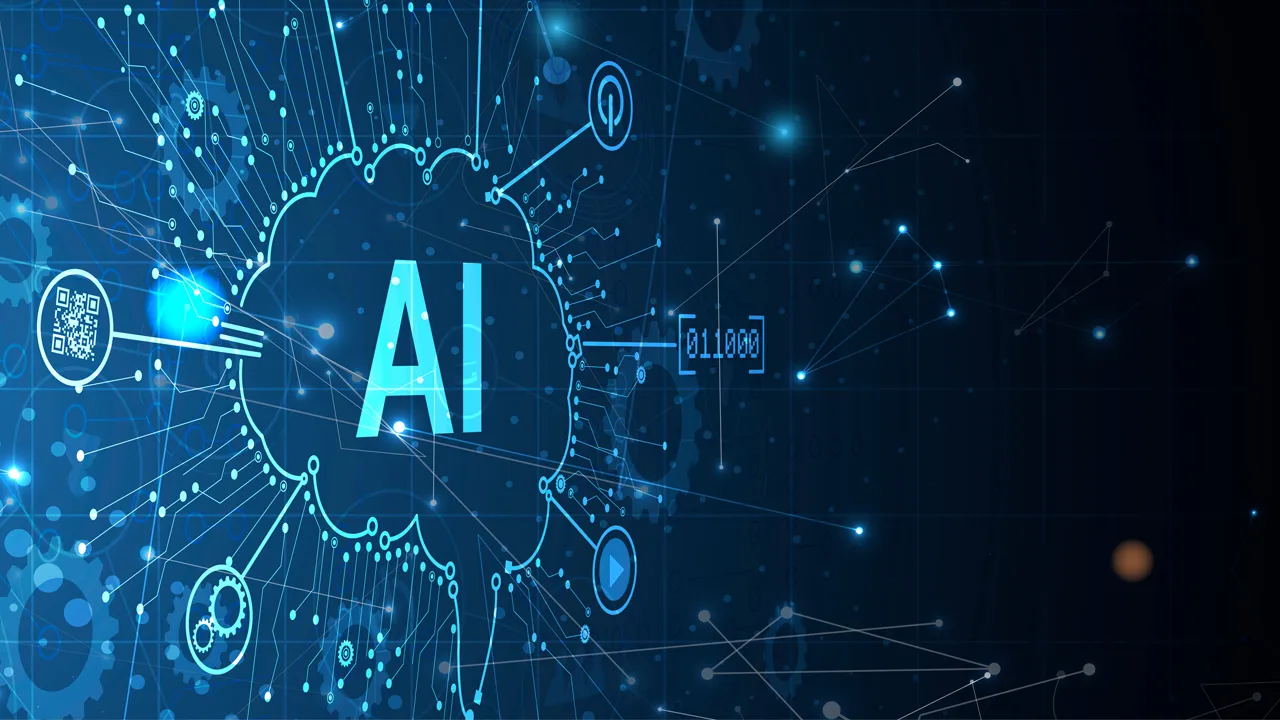

 Rose Weinschenk
Rose Weinschenk
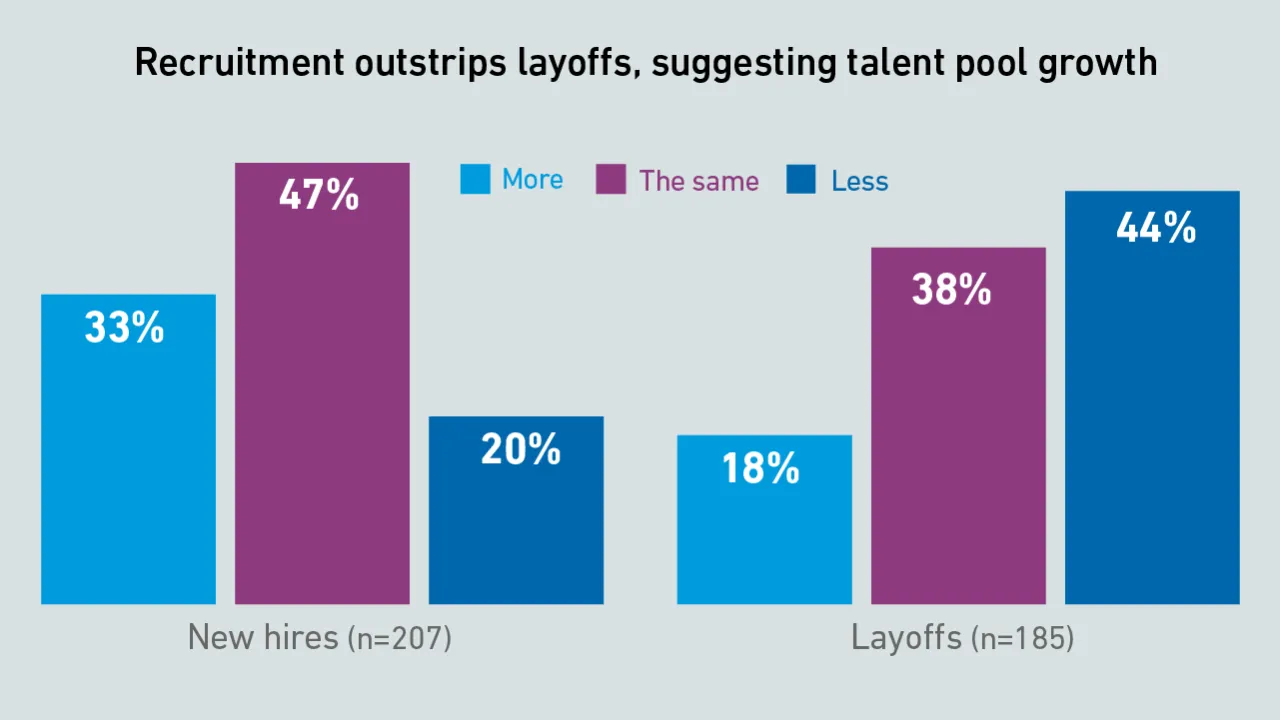
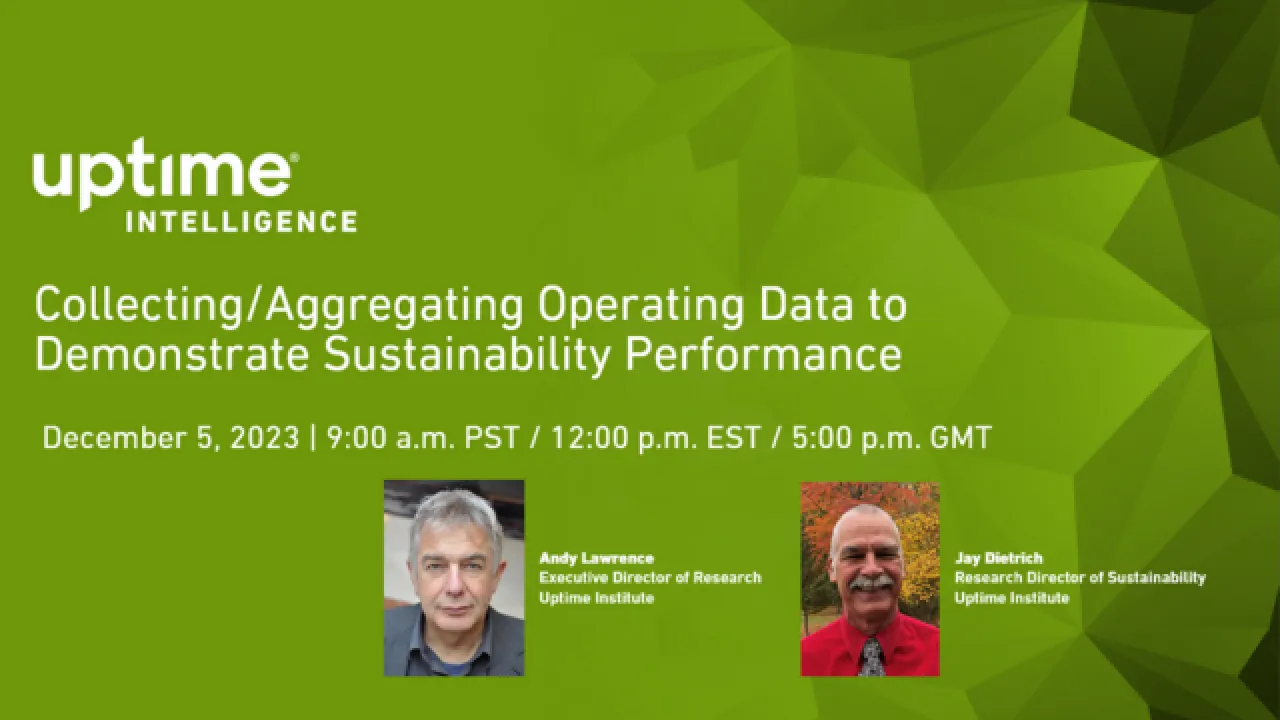
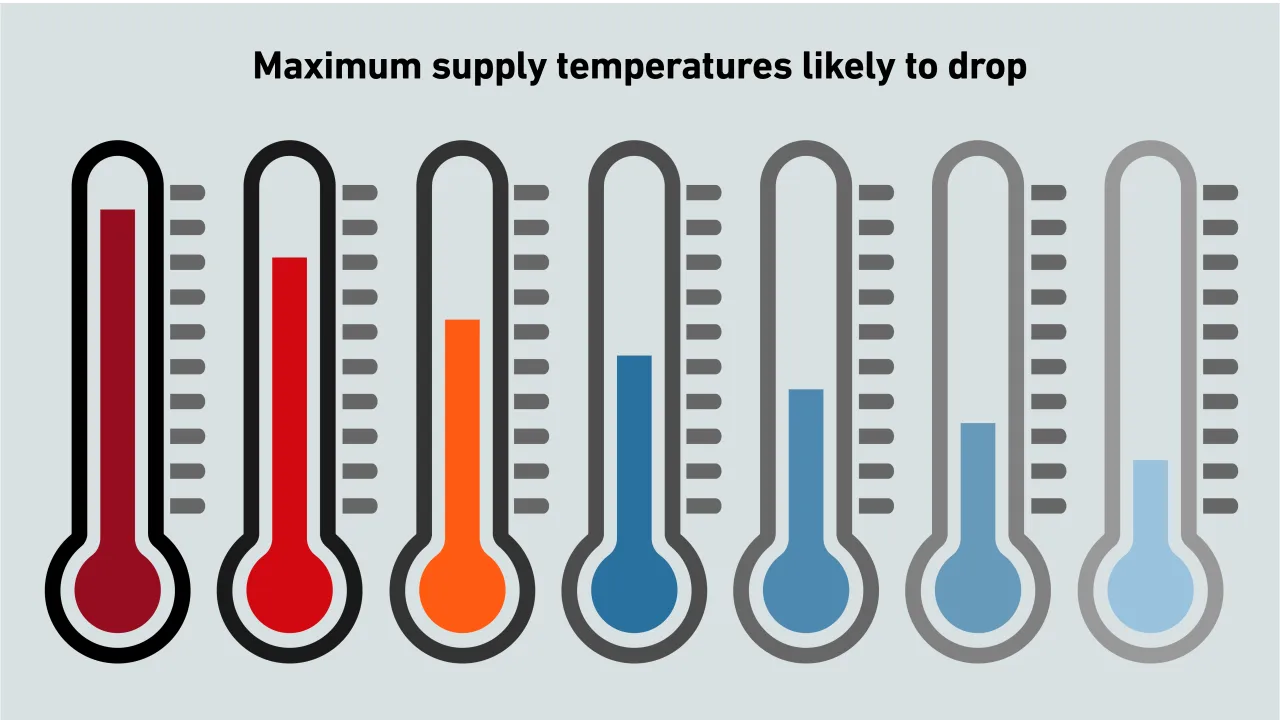
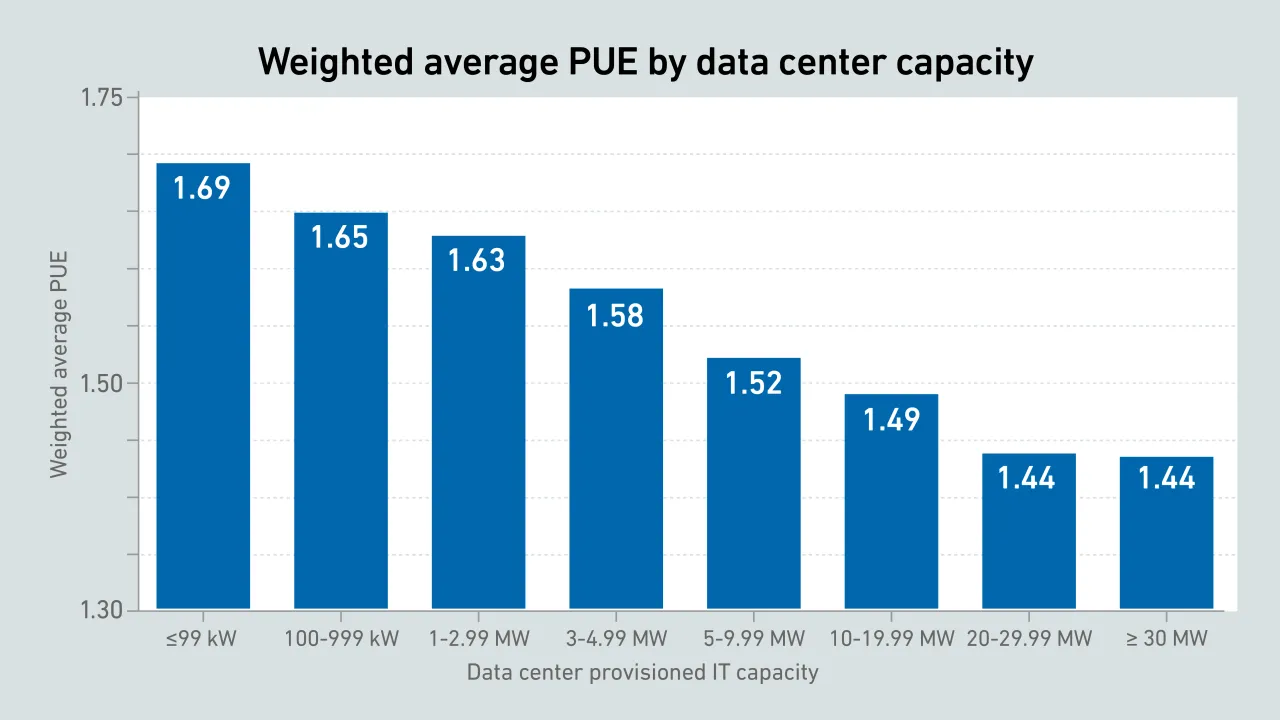
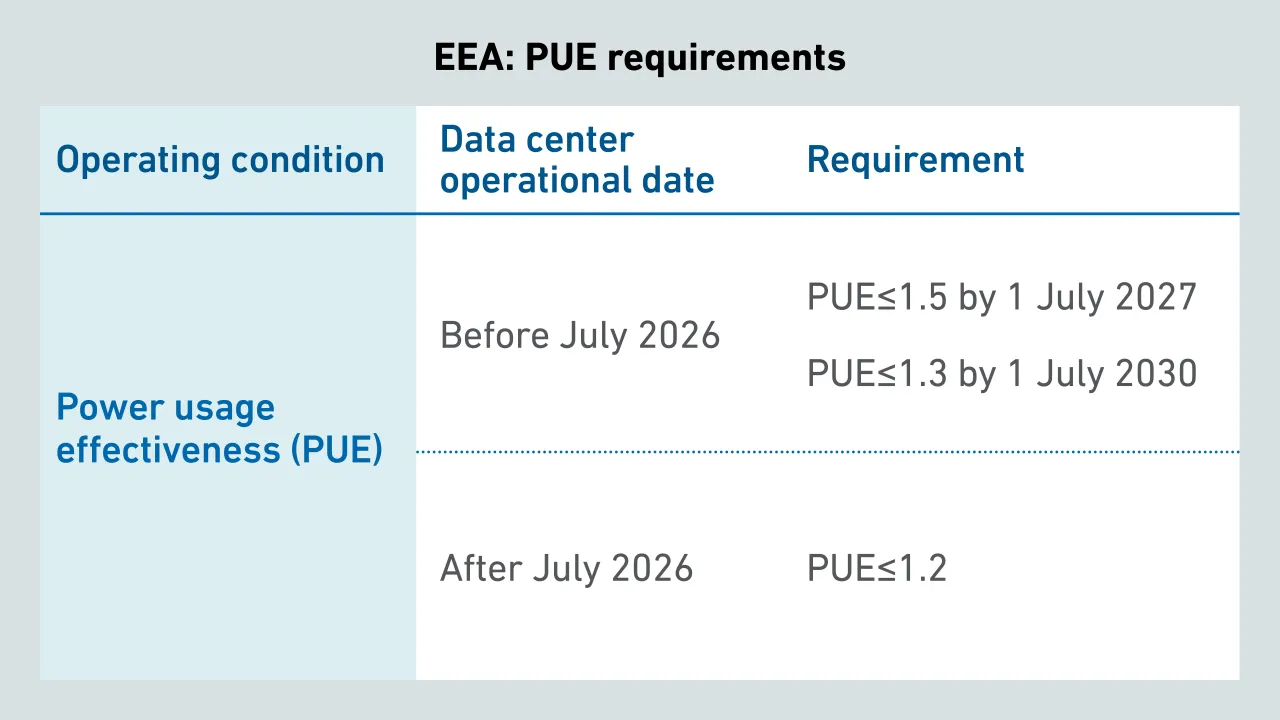

 Ali Moinuddin
Ali Moinuddin
 Antonio Ramos
Antonio Ramos



